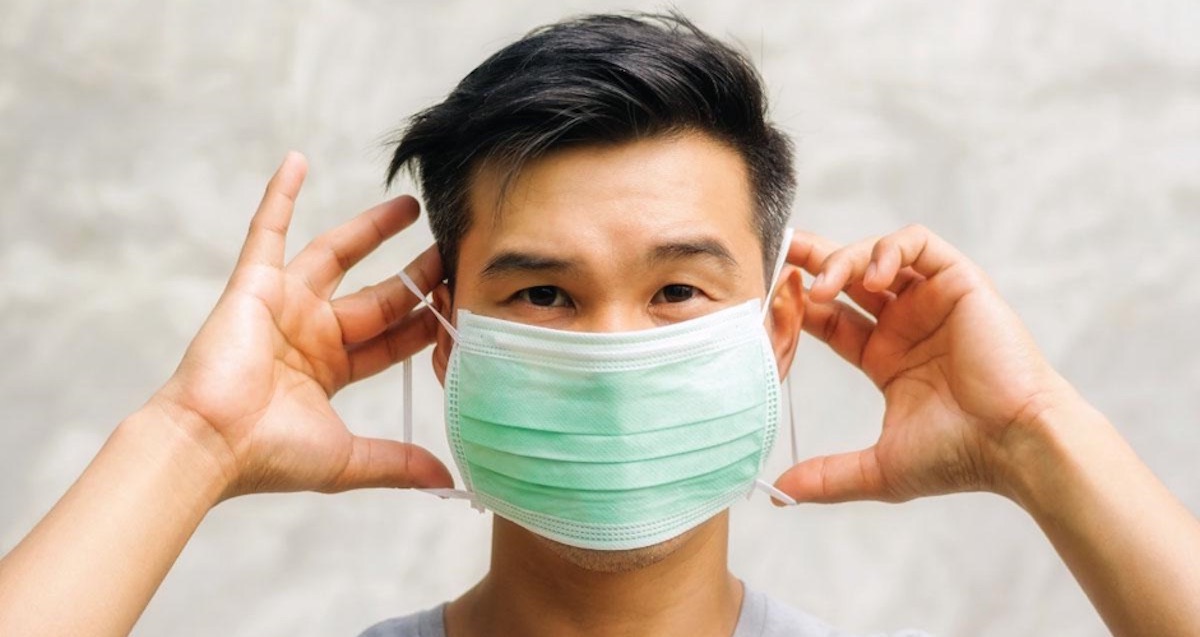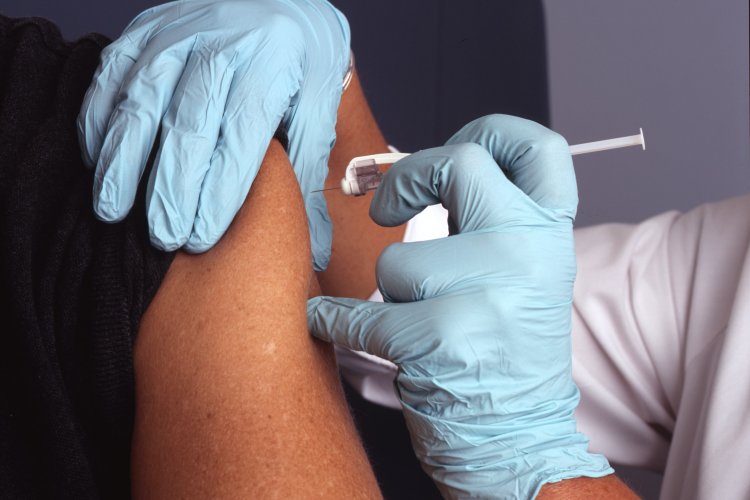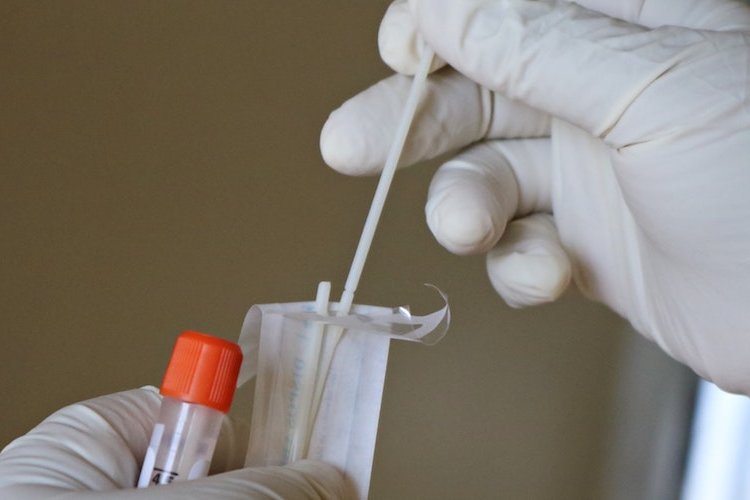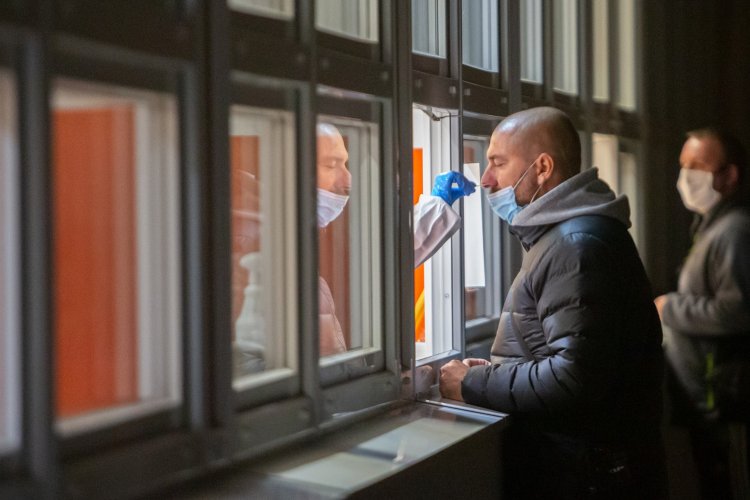How to Reuse and Dispose of Your Masks Safely
Now that we've ascertained that pollution masks can filter out particles 10 times smaller than the coronavirus, what about best practices when it comes to reusing masks and disposing of them properly?
Reusing masks
Concerns with reusing masks arise when you consider two factors: Is the mask safe to reuse once it has worn outside and come into contact with possible contaminants, and will the mask continue to properly filter the air after being washed?
Regarding the first point, it does appear that reusing a mask is safe as long as you handle them correctly (more on that under disposing of masks below) and the filtration mechanism has not been compromised. According to this post from International Medical Center (IMC) Beijing, "The mechanism of filtration is mainly inertial collision, diffusion, and electrostatic adsorption. The premise of using the mask again after disinfection is that the sterilized mask can neither affect the free circulation of air nor destroy the filtering mechanism of the mask." The post then outlines several ways that you can wash a mask, including:
- Oven dry heat disinfection
- Alcohol spraying disinfection
- Steamer wet heat disinfection
- High temperature and high-pressure disinfection
- Ultraviolet disinfection
Of these options, IMC Beijing concludes that oven-dry disinfection (heating at 70 degrees Celsius for 30 minutes) had the least damaging effect on the filtering mechanism, allowing filtration of particles to remain at above 95 percent. Meanwhile, alcohol spraying disinfection and steamer wet heat disinfection either caused irreparable damage to the mask's filtration abilities or to the structure of the mask itself. Despite COVID-19 being sensitive to ultraviolet rays, IMC states that "the inactivation effect of viruses in mask fibers, which cannot be directly observed, is unknown. Therefore, [ultraviolet disinfection] is not recommended."
Although it is often advised that you do not reuse disposable medical masks, a joint study from Fudan University Shanghai Medical College and Ministry of Education/Medical Molecular Virology Laboratory of Health Committee and School of Public Health, recently found that disposable medical masks can be disinfected after use by placing them in a ziplock bag and blasting them with an electric hair dryer for 30 minutes (also a way to kill time). This method should not affect the mask's original filtration while inactivating any virus particles that may be present.Disposing of masks
Because your mask may have become contaminated after use (it is, after all, filtering the air or stopping the spread of the virus if you yourself have it), you should ensure that you dispose of it correctly after use.
The World Health Organisation (WHO) recommends that you always wash your hands prior to putting on your mask to reduce potential contamination. You should also refrain from touching your mask once it is on and wash or sanitize your hands afterward if you do. The WHO also recommends replacing your mask should it become overly wet or humid.
To remove the mask, touch only the straps and pull from around your ears or head. Ideally, you'll discard the mask in a medical waste bin (like the yellow ones found in hospitals), but if you do not have that luxury, fold the mask as depicted in the pictures below before throwing it in a general waste bin and cap the bin with a lid. Wash your hands immediately after throwing the mask away.
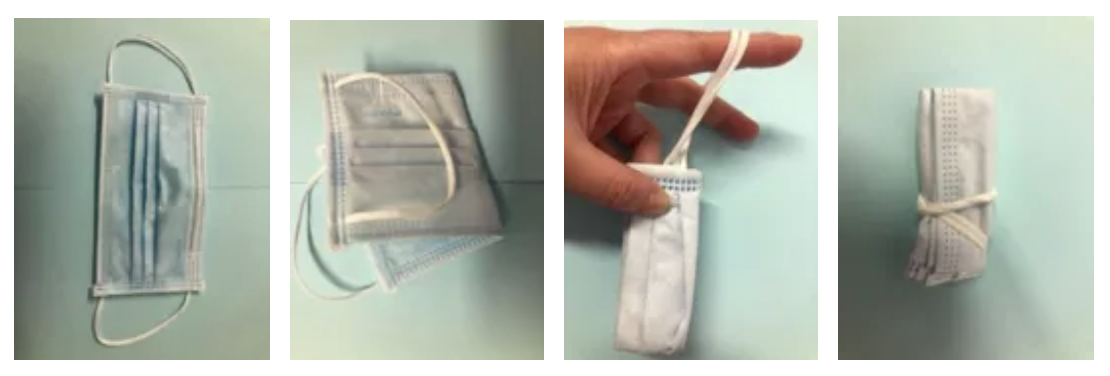
If you need more tips on how to wear your mask properly or when to wear a mask (basically whenever you leave your apartment), see this post by Beijing United Family.
READ: Government Launches Service to Help Unmask China's Mask Scammers
Image: Hong Kong Living, Beijing United Family Hospital
Related stories :
Comments
New comments are displayed first.Comments
![]() Julie Bit
Submitted by Guest on Thu, 02/20/2020 - 11:23 Permalink
Julie Bit
Submitted by Guest on Thu, 02/20/2020 - 11:23 Permalink
Re: How to Reuse and Dispose of Your Masks Safely
Very helpful and important - among personal usefulness it’s a way to stop situation with speculative trading of masks. Which concerns other countries from which madks are grabbing out to cell in China. I wonder if one can find the info of how to reuse masks in Mandarin - to spread among non-English speaking employees.
Validate your mobile phone number to post comments.

